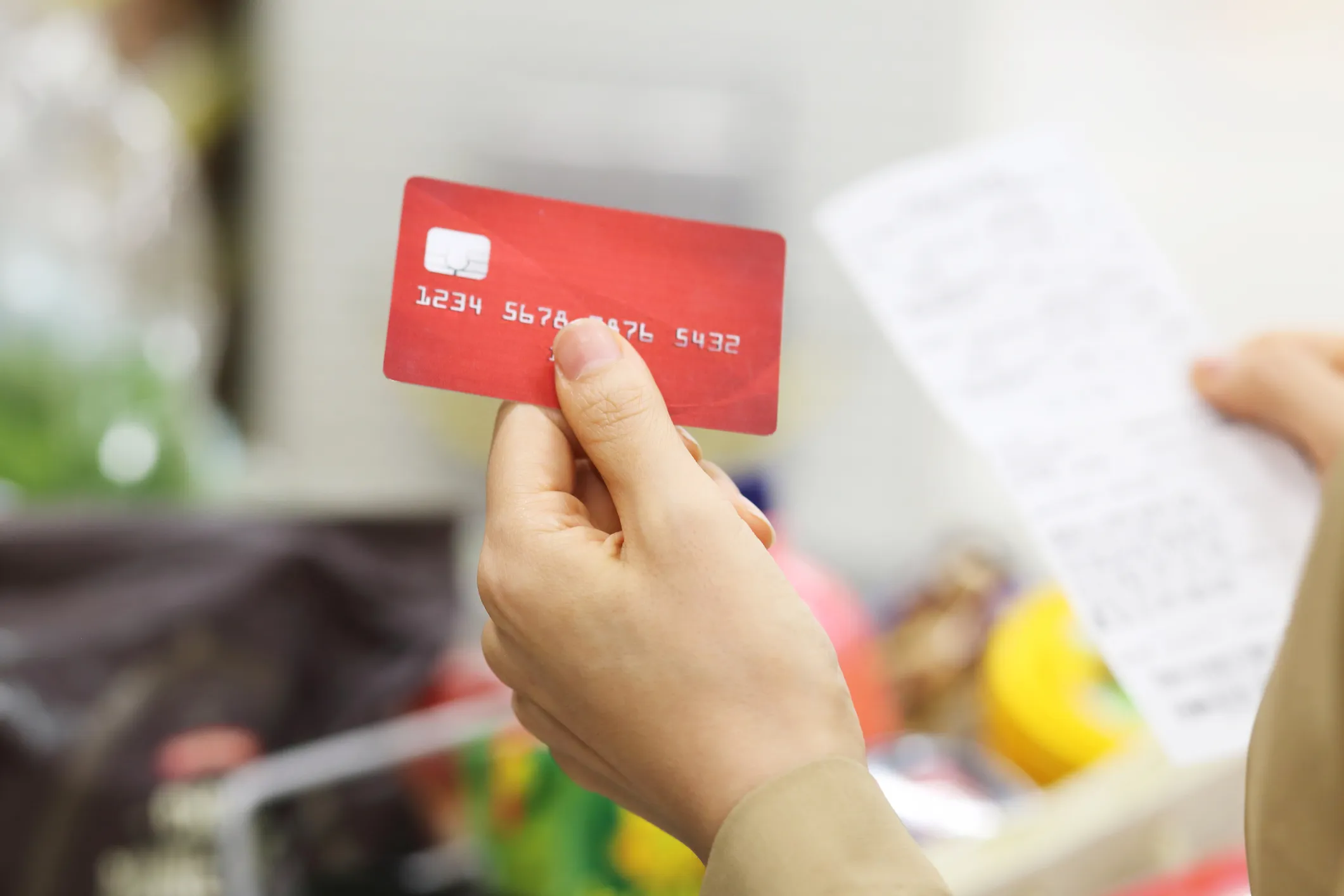Credit cards are a finance danger. Spend too much on a credit card and you could find yourself with debt that takes years – or decades – to pay off. Don’t open a credit card, and you might wind up with no credit score and no ability to buy a car or house.
As frightening as credit cards can be, they can also be a great tool. Most financial experts warn about carrying a balance and using a credit card to rack up bills. But is credit card debt really as bad as it seems?
How a Balance Affects Your Credit Score
The number one rule of carrying a credit card? Don’t carry a balance. If your balance and interest grow, you can quickly find yourself under a mountain of credit card debt. And your credit card is closely tied to your credit score.
Here’s what happens when you have a balance on your credit card. At the end of each billing cycle, or month, you’ll be charged interest based on the amount you spent over the past 30 days. Many credit cards have an introductory annual percentage rate (APR) of 0 percent, but as you continue to carry your card, your interest can climb as high as 15 percent.
If you carry that balance from month to month, you’ll keep getting charged interest as your balance climbs higher. However, if you pay off your card each month, you’ll only pay a small amount of interest each month. And it won’t add up over time.
However, carrying a balance on your credit card doesn’t immediately cause you problems – at least not for your credit score. That’s because having a balance doesn’t actually affect your credit score. As Credit Karma writes, carrying a balance won’t help or hurt your credit score because that score is determined by other financial factors.
Carrying a Balance Can Bring Benefits
There’s one danger that comes with paying off your credit card every month: you’re missing out on rewards. If you’re carrying a credit card and potentially having to pay a little extra on every purchase thanks to interest, why not maximize the benefits offered by your card company and earn extra money, discounts, or freebies?
As Forbes reports, paying off your balance every month means you likely aren’t going to get any rewards for being so responsible – and it can pay off even more to rack up travel rewards, grocery rewards, or straight cash back.
Here are a few of the rewards you can earn:
Travel Rewards: If you love to travel, or simply enjoy a few vacations each year, credit cards offer some incredible rewards on airfare, hotels, rental cars, and more. Credit cards offer travel-specific cards, letting you rack up airline miles or hotel points that can be used for free flights, free hotel stays, and other perks like train or bus travel. For every dollar you spend, you could earn rewards that help make your next trip entirely free – or, at the very least, steeply discounted.
Dining Rewards: Eating out can be a big expense, but some credit cards will let you earn a bit of money back on each meal. Many credit cards offer dining rewards, or cash back every time you use your card at a restaurant. You could earn anywhere from 2 to 5 percent back when you eat out on dates, during your lunch break, and so many more opportunities.
Grocery Rewards: If you spend hundreds of dollars on groceries each month, you could be getting some of that money back if you use your credit card and carry a bit of a balance. From Walmart to Target to Ralphs to Kroger, as well as plenty of other grocery stores, many credit cards offer special cash back categories on grocery purchases – and you can earn as much as 6 percent back, depending on which card you carry.
Of course, these are just a few rewards. Other credit cards offer cash back in any category, so you’ll earn money on every purchase. And some will offer you a cash bonus for hitting certain balance thresholds or minimums each month or quarter. If you do your research and search for the details of your credit cards, you could find that you’re losing out on rewards that could be great for your wallet.
A High Balance Can Be Dangerous for Your Score
Carrying a balance on your credit card doesn’t have to lead to financial ruin. It can, in fact, get you a few perks along the way, all without ruining your credit score or sending you into debt.
However, there’s one important fact to remember: you should never carry a high balance.
As Credit Karma notes, carrying a balance that’s too high can lower your credit score by affecting your credit utilization rate; ideally, you want to have a credit utilization rate of less than 30 percent. Credit utilization is the percentage of your available credit that you’ve used. For example, if your credit limit is $8,000, you don’t want to carry a balance of more than $2,400. This will ensure you look good to creditors and aren’t relying too heavily on credit.
Overall, your credit card can be a tool that helps you build credit and reap rewards – but only when you know exactly how to use it to better your financial health. Carrying a balance can be a smart move, but you also need to be aware of how your balance can become a burden.
